Belgium is experiencing a violent escalation between its Turkish and Kurdish immigrant populations, with recent riots highlighting the deep-seated tensions imported from their ancestral homelands. From the streets of Heusden-Zolder to Liège and Brussels, violent conflict has seized control of the streets, drawing in terrorist elements such as the communist Kurdistan Workers’ Party (PKK) and Turkey’s fascist Grey Wolves. Once again, Belgium’s open border policies highlight failed integration and the consequences it causes its native population.
A Weekend of Unrest
The tensions reached a critical point this past weekend in Limburg, where the clash between Turks and supporters of the Kurdish PKK erupted into widespread violence. The situation further deteriorated in Heusden-Zolder, marked by an incident where a motorist, identified by Kurdish symbols, was forcibly removed from their vehicle by Turkish nationals. In Liège, the conflict escalated with Molotov cocktails, stones, and sticks, transforming peaceful neighborhoods into scenes reminiscent of war zones.
Multicultuur leidt tot multiconflict, het bewijs zagen we gisteren in Limburg. Een optocht eindigde met rellen tussen Koerden en Turken, hierbij werden ook messen gebruikt. Stop de massamigratie en hou buitenlandse conflicten uit ons land. Vlaanderen weer van ons! pic.twitter.com/f1T40PfpsH
— Vlaams Belang (@vlbelang) March 25, 2024
Multicultuur leidt tot multiconflict, het bewijs zagen we gisteren in Limburg. Een optocht eindigde met rellen tussen Koerden en Turken, hierbij werden ook messen gebruikt. Stop de massamigratie en hou buitenlandse conflicten uit ons land. Vlaanderen weer van ons! pic.twitter.com/f1T40PfpsH
— Vlaams Belang (@vlbelang) March 25, 2024
Cultural Celebrations Turned Flashpoints
The catalyst for this weekend’s unrest was the Kurdish celebration of the Persian festival Norroez in Leuven, a significant cultural event for Kurds worldwide. The celebration took a provocative turn as participants, later driving through Houthalen-Helchteren and Heusden-Zolder, waved flags of the PKK, a move that the local Turkish community perceived as a direct provocation. The response was swift and violent, with riots breaking out, resulting in the burning of flags, vandalism, and several injuries, including one serious.
Turkish fascists attacked a defenseless family in Belgium 🇧🇪 but today Kurds fed them a taste of their own medicine.
— Raman Nasirizadeh (@iamramanzada) March 25, 2024
Violence is never the answer and I encourage everyone to never use violence but after what Turks did, it’s completely expected that Kurds won’t stay silent. pic.twitter.com/1ja6keGbxU
Adding to the complexity of the situation, the Kurdish community reported being targeted by supporters of the ultra-nationalist Turkish group, the Grey Wolves, which is linked to the Turkish government. This confrontation led to injuries and arrests, highlighting the deep-seated animosity between these groups. The tension necessitated increased supervision around schools and mosques, as acknowledged by a police chief on VRT, reflecting the severity of the situation.
BREAKING:
— Visegrád 24 (@visegrad24) March 25, 2024
Major riots taking place in Belgium since last night as Turkish and Kurdish migrants are fighting on the streets in connection with Nowruz (the Persian
New Year)
🇧🇪 https://t.co/dHLpGwVoqC
Renewed Clashes and Political Backlash
The conflict spilled over to Monday afternoon in Brussels’ Luxemburgplein, where a pro-Kurdish demonstration, organized in response to the previous riots, similarly devolved into chaos. This incident was yet another example of the repetitive cycle of violence between the Turkish and Kurdish communities in Belgium, with historical precedents in 2011 and 2017.
The Role of PKK and Grey Wolves Central to understanding these clashes is the role of the PKK and the Grey Wolves. The PKK, a Communist group allegedly fighting for Kurdish autonomy and rights in Turkey, is labeled a terrorist organization by Turkey and several other countries, though it also garners significant support among Kurds for its resistance efforts. Conversely, the Grey Wolves, an ultra-nationalist Turkish terrorist organization, vehemently oppose the far-left extremist PKK and Kurdish separatism, often resulting in violent confrontations between the two groups, now transposed onto Belgian soil.
Political Reactions and Societal Concerns
The violence has drawn sharp criticism from Belgian politicians. Vlaams Belang’s Tom Van Grieken condemned the use of Belgian streets as battlegrounds for foreign conflicts, proposing the revocation of Belgian nationality for participants. Similarly, Filip Dewinter highlighted the dangers of importing such conflicts through immigration, reflecting a growing concern over the challenges of integration and dual nationality.
Zuhal Demir, Flemish Minister of Justice and Enforcement, criticized the failure of some immigrant communities to fully integrate, emphasizing that the legacy of being “guest workers” should evolve towards active participation in Belgian society.
Towards a Resolution
As Belgium grapples with these imported wars, the focus shifts towards the country’s open border policies, which have led to Belgium becoming a proxy for foreign conflicts. The challenges are manifold, involving not only immediate law enforcement responses but also Belgium’s government addressing their failed immigration policies.
According to Van Grieken, the situation can only be corrected through a tough approach and a radical change in policy. “We must abolish dual nationality,” it says. “These people have to make a choice. We also want those who still have dual nationality and are sentenced to a prison sentence of three years or more to be able to lose our nationality.”
“This country should not be the battlefield for the wars in Kurdistan, Gaza, or anywhere else,” Van Grieken concludes. “As far as we are concerned, anyone who apparently feels called to wage those violent wars can leave today for the front in their country of origin.”

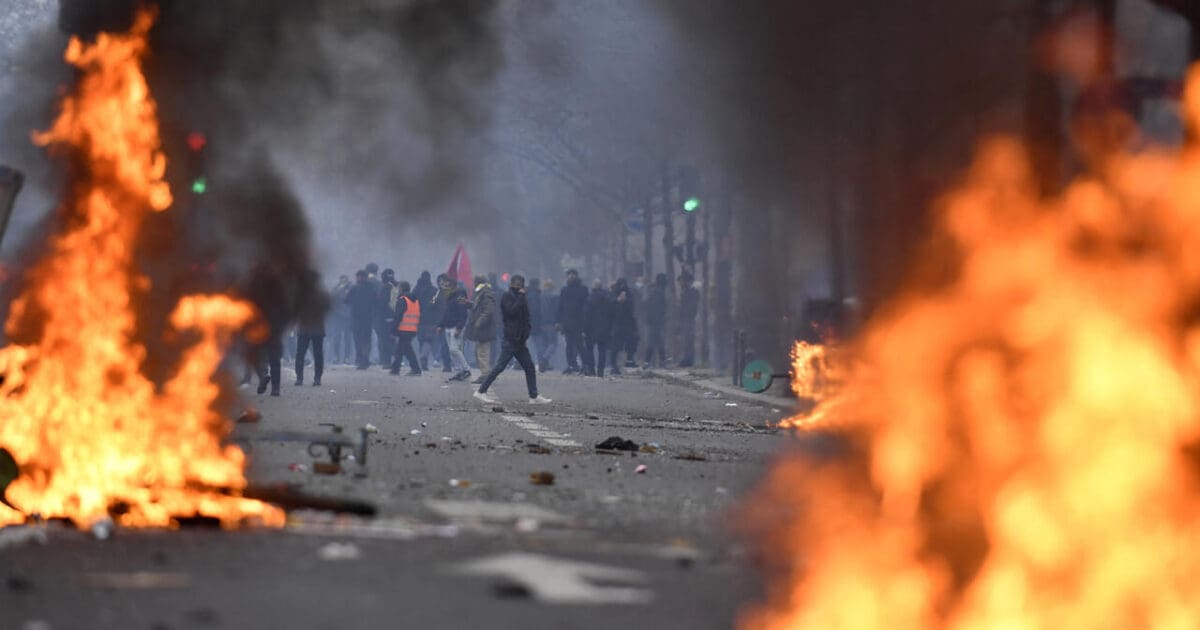



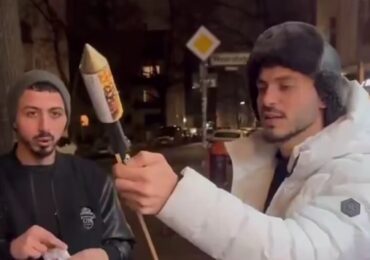
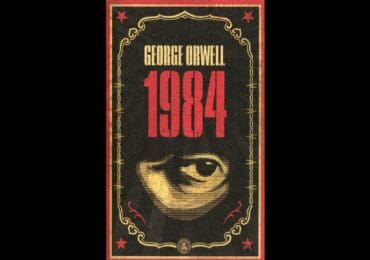
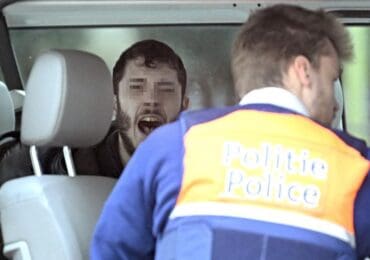


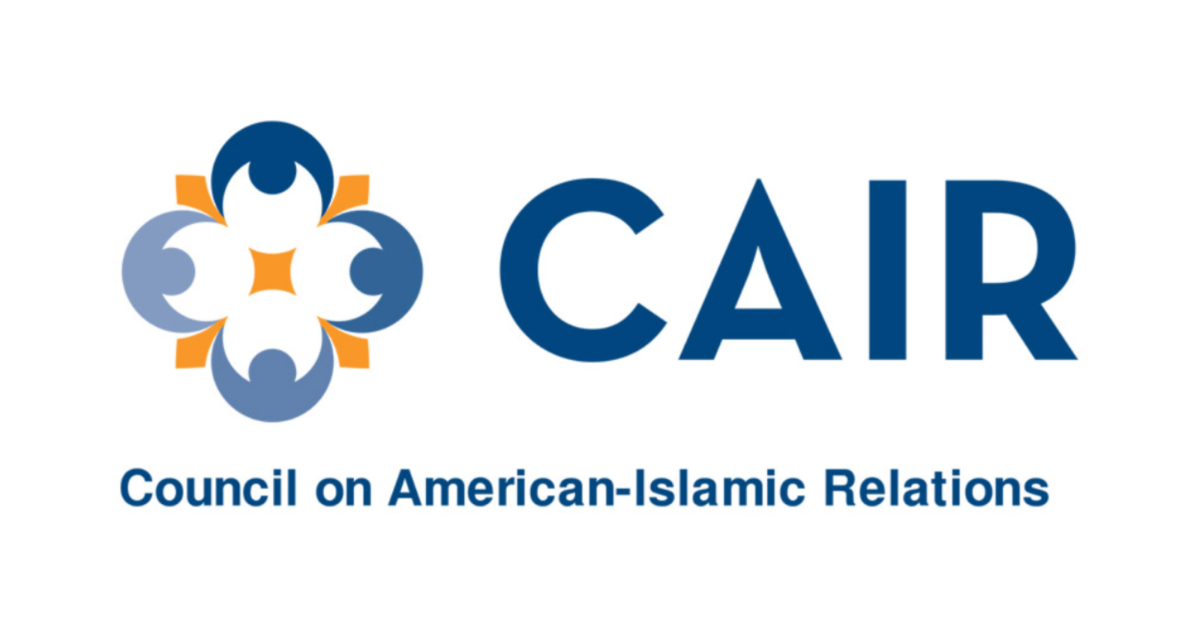

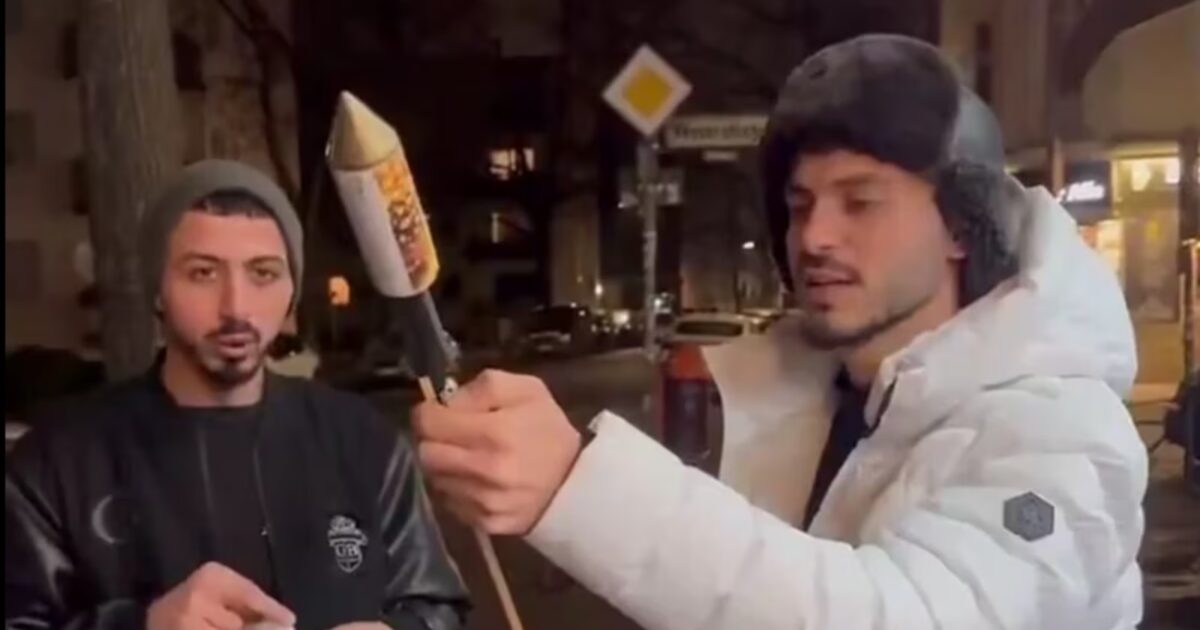

Once again, Belgium’s open border policies highlight failed integration and the consequences it causes its native population.
Failed social engineering and integration indicates the social engineering experiment has failed. Of course, lefties always double-down on their stupidity.
Let them kill each other. Leave a pile of knives and hatchets laying around. It will save money on prison hotel services, and reduce the economic parasite grift on welfare.
The Kurds are fine. They’ve got a sense of courage and honor. It’s not hard to get along with them and back in Kurdistan record numbers of Kurds are leaving Islam. The Turks have been transformed by Islamists into something awful and need to be sent back to Turkey.
The Kurds are fine. They’ve got a sense of courage and honor. It’s not hard to get along with them and back in Kurdistan record numbers of Kurds are leaving Islam. The Turks were once a great people but over the last 150 years or so have been transformed by Islamists into something awful and need to be sent back to Turkey.